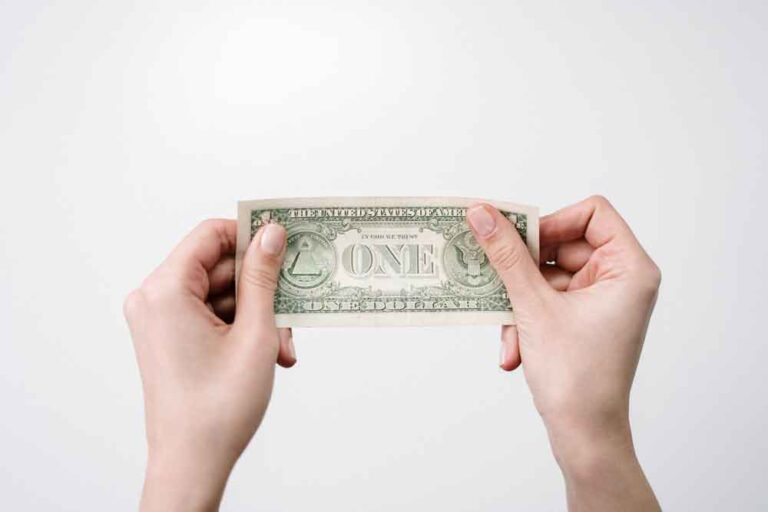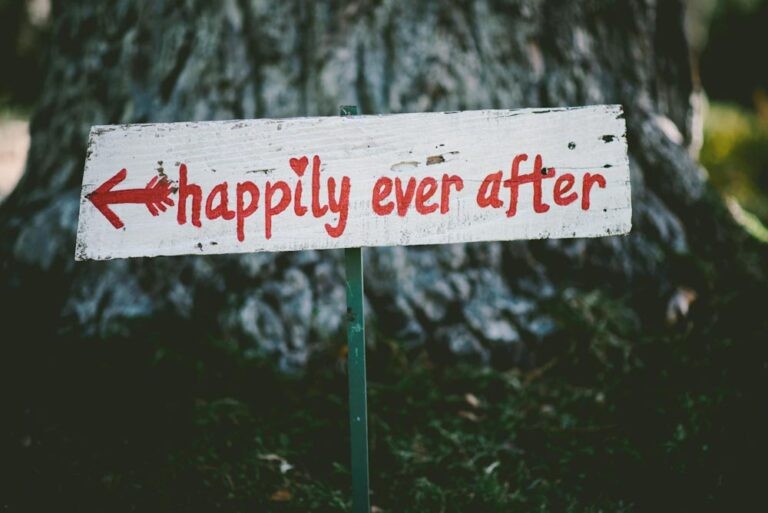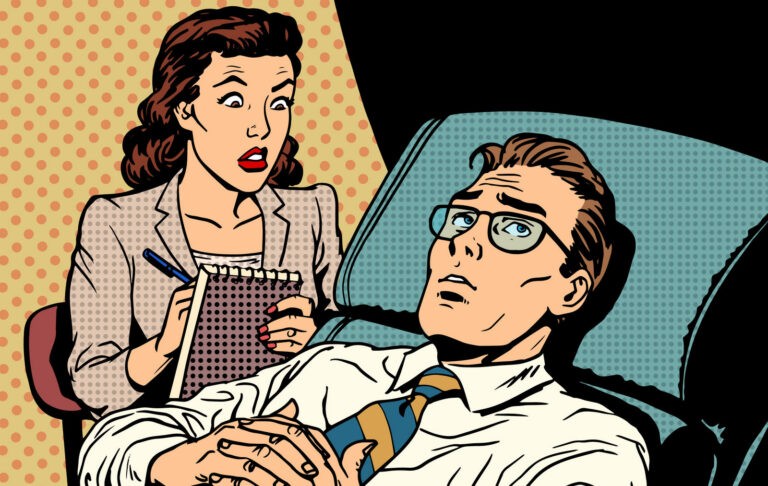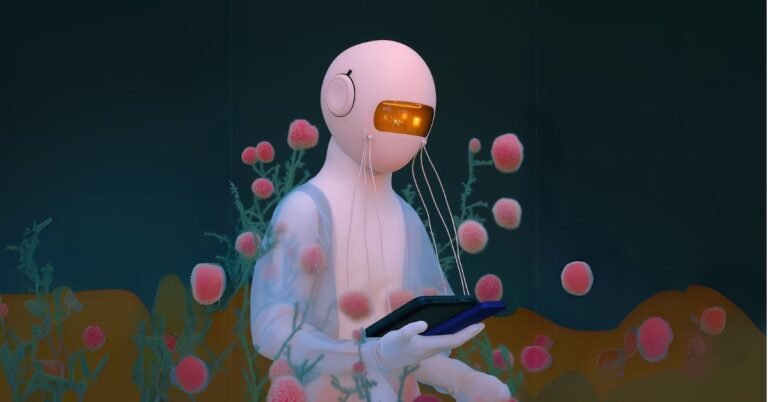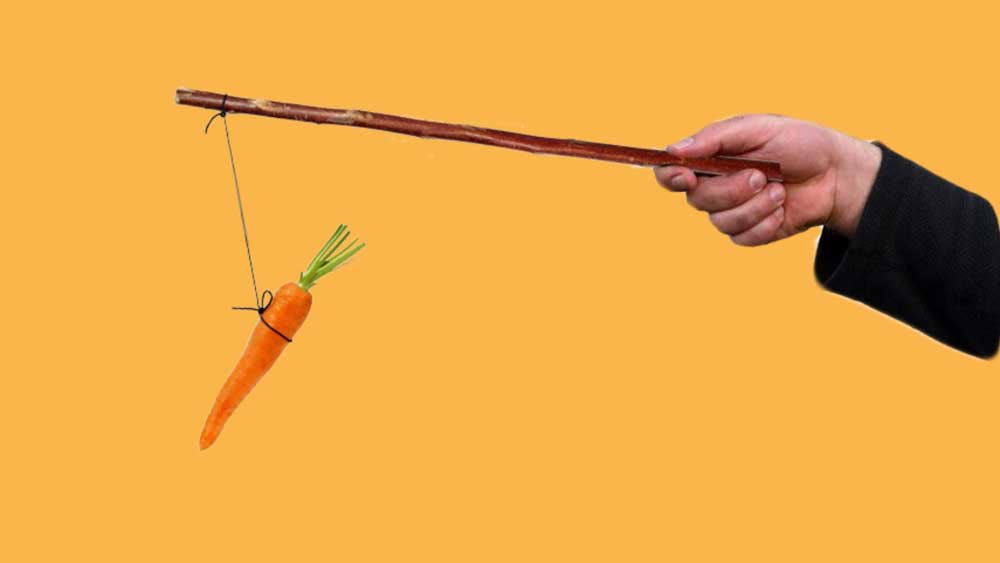
In Russia, which, unfortunately, has been too much in the news lately, there is a saying “hit your own [people] so others will be afraid [of you]” (бей своих, чтобы другие боялись).
In a way, this communist era mentality still exists in Russia, as everyone suffers from the war in Ukraine. The Russians suffer, Ukrainians suffer, and so does the rest of the world (for example, due to Russia cutting its gas supply to Europe).
And while this statement isn’t written to give sympathy for either side of the conflict, I write it as a way to discuss the anger, passive aggressiveness, or otherwise negativity we show towards people who we love, those who are the closest to us, and even people we don’t know.
Certainly, it is not the most efficient way of communicating, yet one that people use a lot, not realizing that the carrot is more efficient than the stick.
And so we are using the example of Russia (and other countries of ex-soviet block or anyone else who approximates this behavior) to contact a utopia view of the world whereas anger, shaming, passive aggressiveness, and other ways of negativity shouldn’t be a part of our repertoire of tools to use on a daily basis, and if we should find better ways how to communicate to people.
For example, war to the side, did you know that in Russia while conducting any business, you shouldn’t smile as this is considered to be a sign of weakness, not being serious, or otherwise trying to cheat someone?
I myself found this to be true while visiting one of the local supermarkets, a few years before COVID and successive conflict. I was cheerful, as I usually am, buying something and waiting at the checkout counter when the cashier demanded to see my documents thinking I was up to no good.
Everyone laughs at this story, except the Russians are always stereotypically grim. And while this previous sentence is a joke, every joke has a grain of truth. Yes, Russians did become happier in the last years (at least they did before the war), but compared to the rest of the world, they are still far from the already mentioned utopia.
And while the rest of the world is also far from this idealistic utopian vision, one way we can all start moving towards this ideal is by simply:
- Using carrot (aka reward): Starting to mention the benefits of someone doing something we want; vs
- Using punishment (aka stick): Stating what they would lose if they didn’t do so (or otherwise being negative at people with whom we are communicating).
In other words, we should stop hitting our own (or others) so others become afraid of us and do as we want. If we don’t, everyone will suffer, including ourselves, as “you won’t be punished for your anger, you will be punished by your anger” as it was famously said by his holiness the Dalai Lama.







